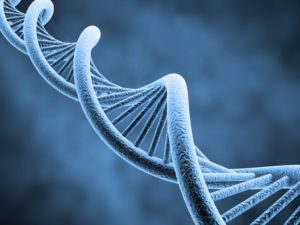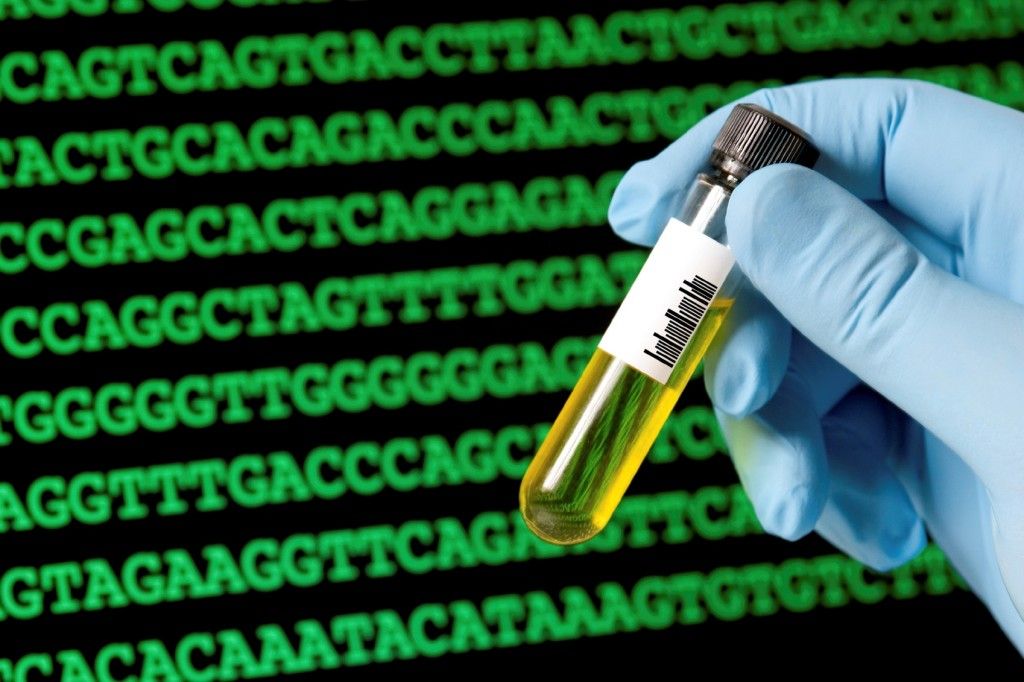
On June 17, a jury in a federal case in Atlanta is scheduled to decide the damages in the nation’s first trial over illegal DNA testing of two employees by an employer, reports the New York Times. Though the federal law at issue was created seven years ago to prevent employers from discriminating against employees whose DNA might reveal possible health conditions, this case is much more down to earth. The employer was not trying to learn about the health of the two plaintiffs; rather, it was trying to discover whether they were leaving behind piles of their feces at the workplace.
The Facts of the Case
Supervisors at an Atlas Logistics Group Retail Services warehouse outside Atlanta wanted to discipline the employee leaving behind the piles but didn’t know who was responsible. They decided to use genetic testing of both the feces and two possible suspects to find, in the words of the judge assigned the case, the “devious defecator.”
The company asked two employees to present themselves for testing. Fearing for their jobs, they agreed to have the inside of their mouths swabbed for a genetic analysis. One of the employees, Jack Lowe, said word got out in the workplace, and they became the objects of humiliating jokes.
The test results showed that the DNA didn’t match either employee. The workers kept their jobs but sued the company. In May, Judge Amy Totenberg ruled in the laborers’ favor and set the date for a jury trial on damages. The judge ruled that the DNA test did not reveal any medical information but it was still a violation of the Genetic Information Nondiscrimination Act (GINA).
The Genetic Information Nondiscrimination Act
This law prohibits employers and insurers from discriminating against an employee whose genes show he or she may have an increased risk for costly diseases. GINA also prohibits employers from asking for or buying genetic information about employees. The law was enacted to alleviate employees’ fear that their employers could use their genetic information against them. Were they able to do so, it might have discouraged people from engaging in genetic testing to aid in their own health or as part of medical research.
This case, believed to be the first GINA case going to trial, involves something different: an employer using DNA tests to investigate employee wrongdoing. The main legal issue in the case was whether the DNA samples Atlas obtained are genetic information, even though they didn’t reveal any disease genes or risk factors for disease.
- The plaintiffs’ lawyers argued that GINA makes it illegal “for an employer to request, require, or purchase genetic information with respect to an employee,” so the employer violated the law.
- Atlas’s lawyer argued the DNA results were not genetic information but involved normal variations in DNA sequences that revealed nothing about disease genes. The law’s intent was to prevent discrimination based on possible genetic propensity to disease, and there was none in this case.
- Judge Totenberg ruled in favor of the plaintiffs, finding that GINA defines genetic information as data arising from a genetic test. The DNA test that Atlas used was a genetic test that revealed genetic information.
- The judge ruled that intent to discriminate was not an issue. Atlas used the test for a legitimate purpose—investigating wrongdoing—not to discover possible medical conditions. However, ultimately, it obtained access to data that it should not have, violating the law.
“While the employer here was taking the DNA for identification purposes, once it gained access it could have theoretically tested for all kinds of other things, including issues related to health, and used that information to discriminate,” Jessica Roberts, director of the Health Law and Policy Institute at the University of Houston Law Center, was quoted as saying.
Determining what the two plaintiffs should be awarded in this scenario is also new legal ground. Atlas asked for genetic information about the two plaintiffs but didn’t act on it. They weren’t fired due to the test results, so the question remains how to calculate their damages, if any.
Summing It Up
Under federal law, it’s illegal for your employer to do any of the following:
- ask you for genetic testing,
- obtain your genetic information from another source, or
- use genetic information in any way that affects your employment.
To learn more about GINA, review this explanatory webpage from the federal Equal Employment Opportunity Commission.
If your employer has asked you for genetic information or used it in some way that has affected your employment, contact our office so we can discuss the situation and your legal options.





